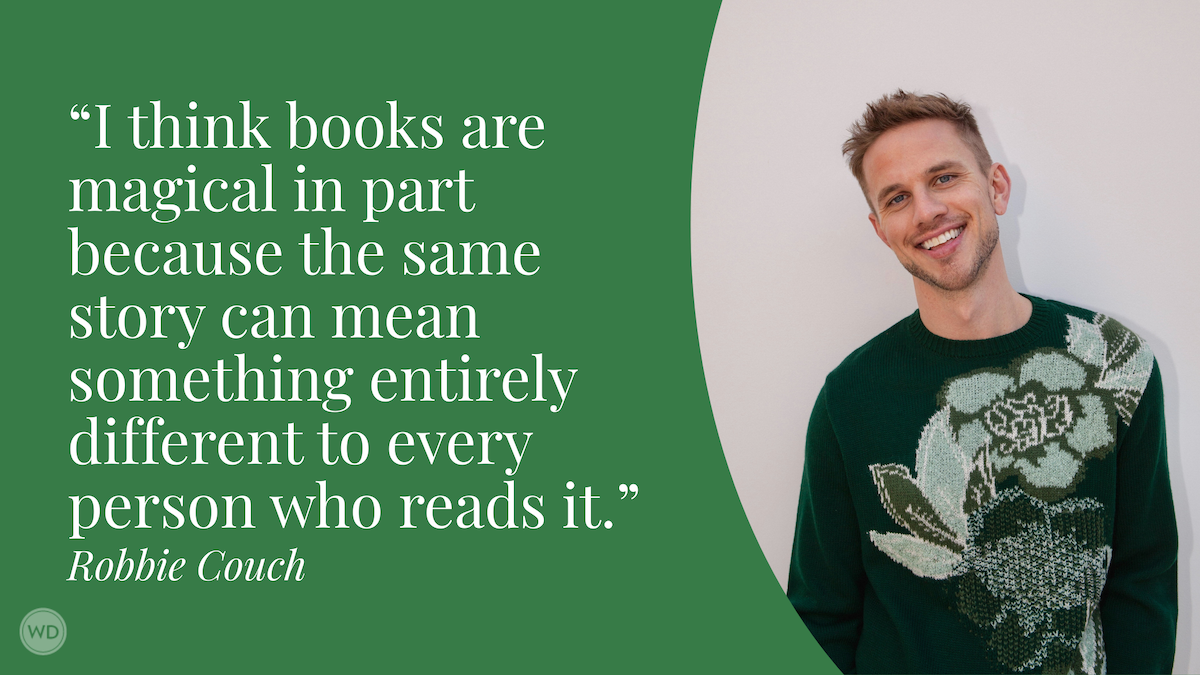The Joys and Challenges of Writing About Food
Food takes on a main role in Annabel Abbs’ novel, Miss Eliza’s English Kitchen, where research incorporated all the senses. Here, she discusses the joys and challenges of writing about food.
From the minute I began researching my latest novel, Miss Eliza’s English Kitchen, I knew that food would feature heavily.
Cooking and eating were such an important part of Eliza Acton’s world that I began to think of her ingredients almost as characters. I scoured her two cookery books, cooking from them regularly, but also writing lists of the ingredients she used. Despite being a keen cook, some of the ingredients Eliza used were new to me (Catsup anyone?), so I had to dig around and ask food historians for assistance. But this didn’t help me understand or describe how they tasted. I often had to cook the dishes, sauces, cakes (and everything else) to fully understand them.
More importantly I had to eat them—very slowly. Food is about many things, particularly if you’re both cooking and eating—as Eliza and her assistant were. I had to consider smell, texture, taste, and temperature. How did each ingredient feel in their hands and then in their mouths? How did the texture and smell change in the cooking process? Did flavors change when the dish was heated or cooled? Did a dish taste differently to Eliza than to her impoverished assistant, Ann?
I kept a notebook at my side (just as Eliza had) and wrote down my observations of each ingredient I bought and each dish I cooked. But that was only the first step.
I wanted to write a novel that made readers feel so hungry they would be impelled to pause frequently—in order to visit the fridge. So as well as cooking and eating Eliza’s dishes, I had to build a vocabulary to describe them in as evocative and mouth-watering a way as possible. Many years ago, I’d done a wine-tasting course which proved to be invaluable.
IndieBound | Bookshop | Amazon
[WD uses affiliate links.]
Wine tasters are renowned for their ability to find hidden flavors in wine, which they then put expertly into words. (You know what I mean …’This wine has notes of vanilla, cinnamon, chocolate.’) I didn’t know it at the time, but doing a wine-tasting course a decade earlier had helped me find words for fleeting and elusive flavors.
I kept a book of adjectives that worked well for flavors: salty, sour, sweet, sugary, sharp, spicy. Smell was important too: vinegary, burnt, fishy, fruity. Temperature was a little easier: hot, warm, cool, cold, iced. And then I tackled texture: dry, slippery, hard, damp, nutty. And so on.
I used a thesaurus, but I also began reading every food book I could find. Luckily there are wonderful and vast collections of antiquarian cookbooks in three London libraries close to where I live. But first I read Eliza’s own recipes. She had been a poet and her prose were suitably delicious. Then I moved on to novels with a foodie theme, shamelessly ringing every word I liked. After that I turned to cookery books (the more eloquent ones) and restaurant reviews in newspapers.
It didn’t stop there—every time we went to a restaurant I spent hours reading the menu, plundering any words I liked. Lots of cafes and restaurants now put a descriptor beside their menu items (Mac Cheese—a cheesy creamy concoction of soft sauce and unctuous pasta, topped with crunchy grilled croutons … you know the sort of thing). This too was fodder for my notebook.
Eventually I settled down to write, drawing on my experience of wine-tasting, cooking, smelling, tasting—and reading. Whenever I struggled to describe a particular taste or aroma, I would turn to my notebook for help and inspiration. Of course, this often made me feel hungry. But I decided that eating as I worked was vital to my research. So I didn’t hold back! But I made myself jot a word or two down every time I ate.
I’ve since had lots of comments from early readers, saying that reading Miss Eliza’s English Kitchen made them feel very hungry. I take that as a huge compliment. Although most of the credit must go to Eliza Acton for creating recipes so rich in perfume, flavor, and texture.
I hope, most of all, that readers might be inspired to try making an Eliza Acton dish. And for any writers who want to make their readers feel hungry, here’s my advice: Eat abundantly, but slowly and with consciousness. And always have a notebook on the table. Preferably with a glass of wine…
Annabel Abbs is an award-winning writer of fiction and nonfiction. Her books have been translated into 25 languages. She is a Fellow of the Brown Foundation and lives in London with her family.








